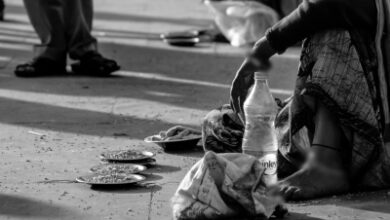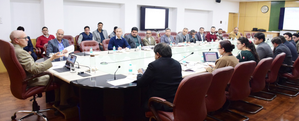India earmarked 4.6pc of its GDP for education from 2015 to 2024: UNESCO
New Delhi, Oct 24 (IANS) India earmarked about 4.1 per cent to 4.6 per cent of its GDP between 2015 and 2024 to boost education in the country, according to a new report by UNESCO.
The numbers align with international benchmarks set by the UN ‘Education 2030 Framework for Action’, which recommends that countries allocate 4-6 per cent of their GDP to education.
The government expenditure on education stayed between 13.5 per cent and 17.2 per cent during the same period, revealed a new series of reports from the UNESCO Institute for Statistics on world education statistics.
The reports focus on global education investment trends, particularly concerning achieving sustainable development goals (SDG) 4, which focuses on ensuring inclusive and equitable quality education.
It showed that the country has made significant investments in education, and is consistent with international benchmarks.
Importantly, India has been investing more in education in terms of both GDP percentage and government expenditure, compared with other Central and Southern Asian countries, the report noted.
While South Asian countries, including Nepal and Bhutan, allocate around 4-6 per cent of their GDP to education, nations like Afghanistan and Pakistan are falling behind in terms of both expenditure and resource allocation.
The report highlighted that “as a percentage of total expenditure, the world average is in decline. Central and Southern Asia countries invest more in comparison with investment in the 2010s. A decline is noted in other regions”.
Globally, the world average of public expenditure on education has seen a decline, from 13.2 per cent in 2010 to 12.5 per cent in 2020.
In 2022, India’s expenditure on education as a percentage of GDP among Central and Southern Asia is lower only to Bhutan (7.5 per cent ), Kazakhstan (7.2 per cent ), Maldives (4.7 per cent ), Tajikistan (5.7 per cent ) and Uzbekistan (5.2 per cent ). India’s expenditure on education is higher than countries like China and Japan, the report said.
–IANS
rvt/



